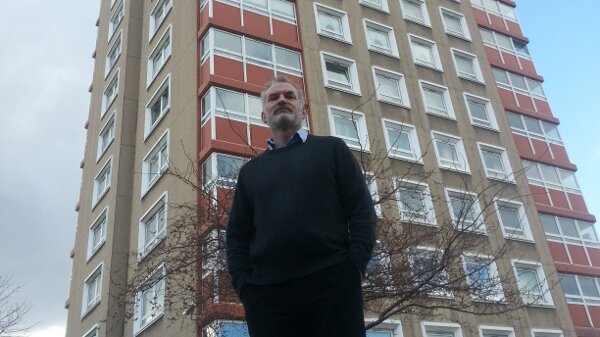84k fewer private rented homes thanks to rent controls

Introducing rent controls will take money out of the private rental sector and lead to 84,228 fewer homes in England in the next ten years, according to new calculations by GLA Conservative Andrew Boff.
There were 4,200,000 privately rented homes in 2011, projected to rise to just over 7m by 2025. A 1.2% reduction would lead to 84,228 fewer homes by 2025.
London
In the Capital, rent caps will lead to 51,205 less homes over the next decade.
There were 860,000 private homes in 2011, expected to reach 1.4m by 2025. A 3.5% reduction would lead to 51,205 fewer homes in this period.
GLA Conservatives housing spokesman, Andrew Boff said:
“Housing experts recently gave evidence to a committee at City Hall and demolished the idea of rent controls. It may sound like a popular policy but the experts exposed that it is economically illiterate. Nobody wants to see high rents but these controls will result in less of an incentive to build new homes for the private sector, would reduce supply and may have the unintended consequences of raising rents to the imposed limit. Landlords are average people buying these homes from their savings, they are not evil corporations. According to my calculations tens of thousands of homes will disappear from the private rented sector if this folly goes ahead.”
ENDS
• There were 4,200,000 homes in 2011 according to Census data. This supply is projected to rise to 7,019,000 by 2025 according to Office National Statistics (ONS).
• Based on 2015 modelling by Cambridge University, proposed rent controls would shrink the supply of private rented homes by 1.2%.
• This equals 84,228 fewer private rented homes in England.
• In London, a 3.5% reduction of supply in the private rented sector would amount to 51,205 less homes by 2025.
• A reduction in housing stock would be brought about by a fall in rental revenues. In London this would amount to £4.5bn by 2025, and England £5.2bn by 2025
Alan Collett (Residential Sector Consultant, M&G Real Estate:
“The one thing that will be absolutely certain is that, if rent stabilisation comes forward as a serious policy, while it is being debated and while it is being implemented and for the first couple of years, the investment will dry up, period. This is because we cannot take the risk with other people’s money and we do not know what we are going to be modelling. Yes, it is real risk.”
Dan Wilson Craw (Communications and Marketing Manager, Generation Rent):
“…if you look at, say, bringing rents down by a third, two-thirds of landlords said they would sell up, which would obviously have a huge impact on tenants, which is our concern in terms of the collateral damage of that.”
Professor Christine Whitehead OBE (Professor of Housing, London School of Economics):
“…Where it is breaking down is in Munich, Frankfurt, Hamburg now and a number of other places where the housing demand pressures have gone up very rapidly and inflation is now taking over. There, we are seeing a massive shift into owner-occupation and significant problems with the private rented sector. The work that I know the GLA did, which showed that rents have gone up faster in Germany because of the stabilisation than they have in London without the stabilisation, was not starting from the bottom.”
Anne Baxendale (Head of Corporate and Public Affairs, Shelter):
“This is an important point, though. There are a lot of arguments for stabilisation, but dramatically improving affordability"
Professor Christine Whitehead OBE (Professor of Housing, London School of Economics):
“Is not part of it.”
- .@AndrewBoff questions Sadiq on his definition of affordable housing #MQT https://t.co/sUnK7EKg4Y
- Sadiq's Housing Zones review creates uncertain future for London, says @AndrewBoff https://t.co/mJBmlU3zdE https://t.co/PNHCb9Jduk
- .@AndrewBoff challenges Sadiq Khan to do more on housing than just criticise his predecessor https://t.co/OYc3uiz0tq

 Posted by
Posted by 